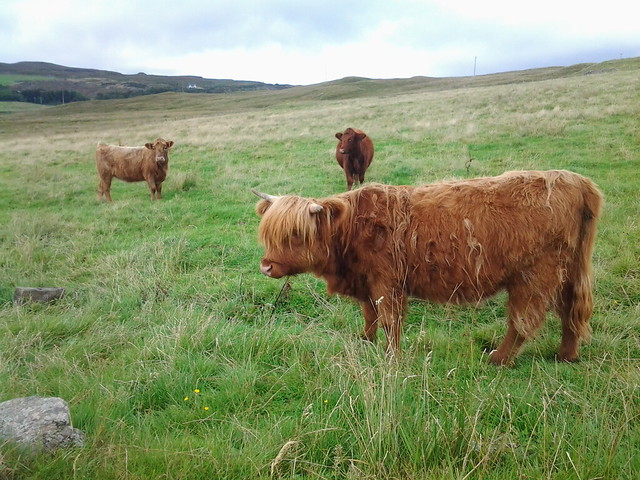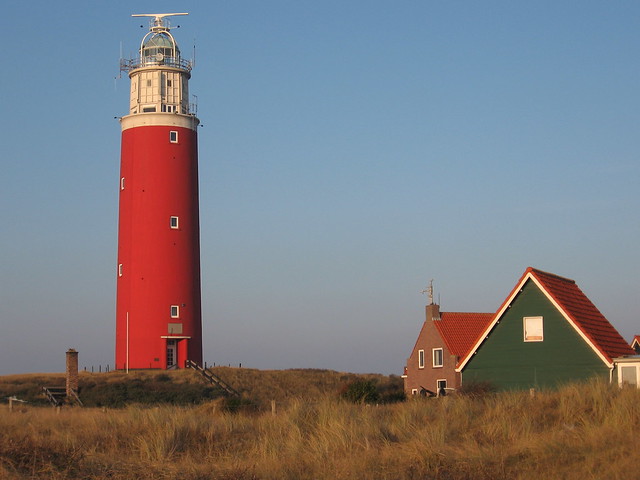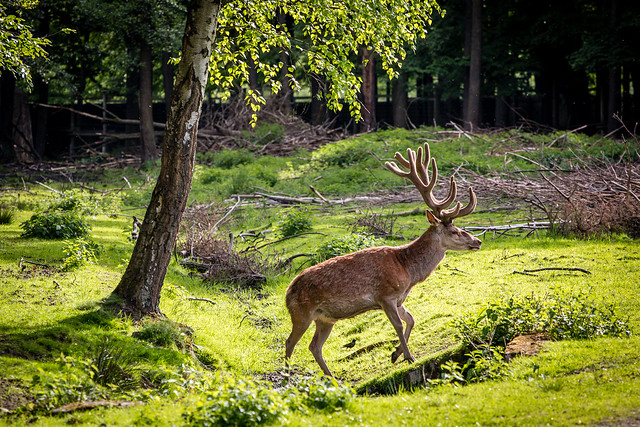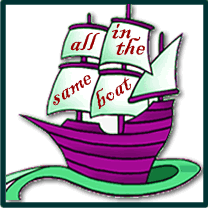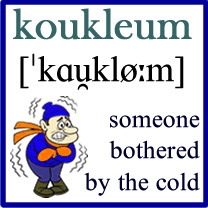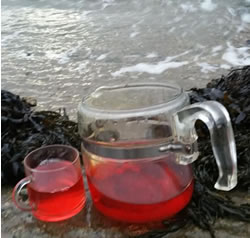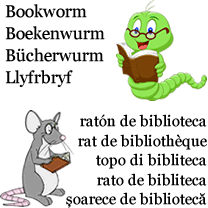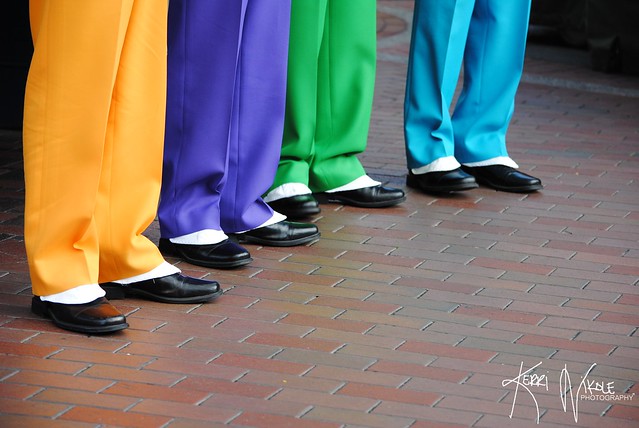An interesting Danish word I learnt today is pung, which means purse, wallet, pouch or scrotum. It comes from the Old Norse word pungr (purse) [source], and appears in words like:
- punge = to pay (a large) sum of money
- pengepung = wallet, purse, budget, pockets, funding (“money-pouch”)
- pungdyr = marsupial (“pouch-animal”)
- pungdjævel = Tasmanian devil (Sarcophilus harrisii)
- pungulv = Thylacine, Tasmanian tiger/wolf (Thylacinus cynocephalus)
- pungbrok = hernia [source]
The word penge [ˈpʰɛŋə / ˈpʰɛŋŋ̩] means money, and was originally a plural of penning (coin), from the Old Danish pænning, Old Norse peningr (coin, penny, piece of property, article) [source], which was borrowed from the Old Saxon penning or the Old English penning/peniġ, from the Proto-Germanic *panningaz (coin) [source].
Some related expressions include:
- pengeafpresning = extortion, extraction
- pengekat = neck pouch
- pengepolitik = monetary policy
- pengeseddel = bill, banknote [source]
From the same root we get the English words penny and pence, the Irish word pingin (penny), the Dutch penning (medal, commemoration coin; money, cash), the German Pfennig (pfennig, penny), the Swedish words penning (coin, penny, money, cash), pengar (money) and peng (coin, money), and related words in other Germanic languages [source].
I carry my cash, cards and other bits and bobs in a wallet. How about you? If you use a pecunary receptacle, what do you call it, and what do you keep in it?

